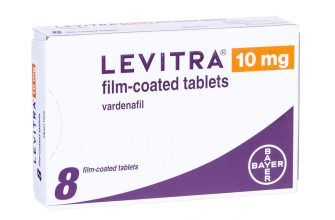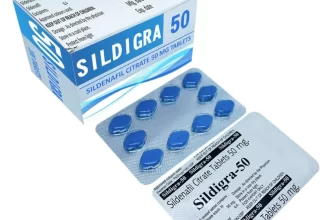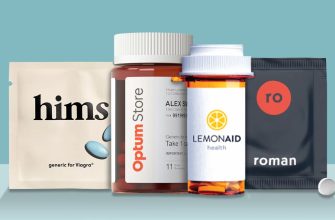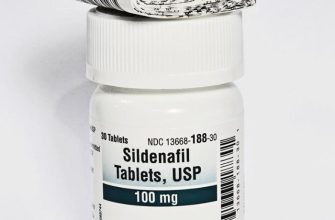Regularly monitor your INR levels. Aim for the therapeutic range your doctor specifies; this ensures Coumadin works effectively while minimizing risk. Consistent monitoring is key to safe and effective treatment.
Maintain a stable diet. Significant changes in vitamin K intake can dramatically affect your INR. Consume leafy greens, broccoli, and other vitamin K-rich foods consistently, avoiding sudden increases or decreases. Talk to your doctor or a registered dietitian about creating a personalized dietary plan.
Report any bleeding or bruising immediately. Unexplained bleeding, even minor, requires prompt medical attention. This allows for timely intervention and prevents potential complications. This includes nosebleeds, gum bleeding, or unusual bruising.
Take Coumadin exactly as prescribed. Never adjust your dosage without consulting your physician. Missed doses or improper use can significantly increase the risk of bleeding or clotting issues. Keep detailed records of your medication intake and INR results.
Understand potential drug interactions. Many medications interact with Coumadin, potentially impacting its effectiveness. Inform your doctor and pharmacist about all medications, supplements, and herbal remedies you take to prevent dangerous interactions. This includes over-the-counter drugs and supplements.









